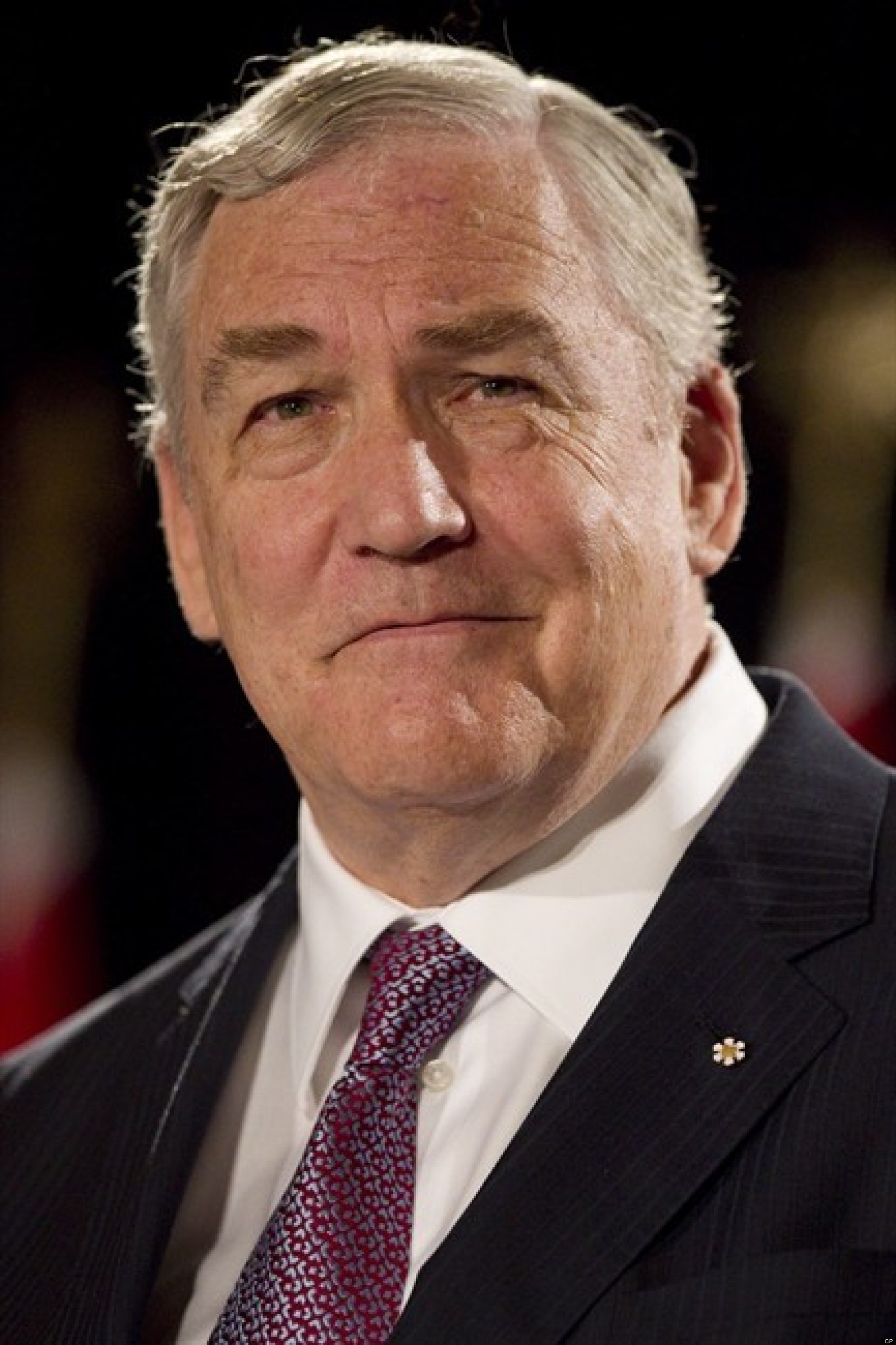 In this post from last week, I noted the similarities between the federal government’s vacuous case against Conrad Black and the notorious prosecution of the four former Merrill Lynch executives in the Enron-related case known as the Nigerian Barge case.
In this post from last week, I noted the similarities between the federal government’s vacuous case against Conrad Black and the notorious prosecution of the four former Merrill Lynch executives in the Enron-related case known as the Nigerian Barge case.
Now, according to this Mark Steyn blog post on the trial, yet another similarity has arisen between the two cases.
Although the entire Nigerian Barge prosecution was an abomination, the case against former Merrill mid-level executive William Fuhs was particularly egregious.
Of the four Merrill Lynch defendants in that case, only Mr. Fuhs was not a managing director of the company. He did not participate in the one telephone conference with former Enron CFO Andrew Fastow in which Mr. Fastow allegedly induced Merrill Lynch executives to buy an interest in the barges by assuring them that Enron would broker a deal for Merrill’s interest for a tidy profit within six months. Indeed, Mr. Fuhs’ only connection with the deal was the ministerial processing of the transaction after Merrill had agreed to buy the interest in the barges from Enron.
During the Enron Task Force’s presentation of its case at trial, none of the government’s fact witnesses even knew Fuhs. Fuhs never conferred with anyone at Arthur Andersen (Enron’s auditors) regarding the transaction and the deal was the only Enron transaction that Mr. Fuhs ever worked on. The prosecution presented no witnesses or evidence that Mr. Fuhs — who is not an accountant — had any idea that Enron’s booking of a $12 million gain on the Nigerian Barge transaction was arguably improper, much less that he or Enron intended to do mislead anyone with regard to the accounting of the transaction. As one defense attorney involved in the case put it to me, “the Enron Task Force effectively prosecuted Fuhs for making copies.”
Unfortunately, a weak case in a media and government-stoked anti-business climate didn’t make any difference. Fuhs — a young man in his early 30’s with a wife and two young children — was convicted on multiple counts and sentenced to 37 months in prison (the prosecution an over-the-top request for a 10+ year sentence).
After Fuhs served about a year of that sentence, a clearly appalled Fifth Circuit Court of Appeals took the highly unusual step of ordering Fuhs released from prison shortly after oral argument on his appeal and then threw out the entire conviction against him a few weeks later. As Fuhs and his young family picked up the pieces of his career and their lives, the Task Force prosecutor who promoted this atrocity went on to a lucrative career in private practice.
According to Steyn, the government is deploying the same tactics that it used on Fuhs against a fringe player in the transactions that are being criminalized in the Black trial:
At least two of the four defendants in this courtroom — Peter Atkinson and Mark Kipnis — are only here because they refused to be steamrollered into a plea bargain by the US Attorney’s heavies. But the hollowness of the case against Kipnis, the Hollinger in-house counsel in Chicago and the most junior defendant, beggars belief.
The government’s proposition is that the bonuses Kipnis received during his time with Hollinger was a pay-off for facilitating the $60 million scam. “He got $150,000 in bonus money to help do their crime,” said Jeffrey Cramer during his opening address. That seems like a very piffling share of the swag, but, as Cramer put it, “His price was just a little bit lower. Thatís all. Thatís the only difference.”
Yesterday, David Radler testified that he’d told the government that Kipnis’ bonuses had nothing to do with the non-competes and were related to money he’d saved the company on outside legal fees by his work on CanWest and the other deals.
In other words, Cramer and his fellow prosecutors knew all along that they had no case against this guy, but they chose to pursue it anyway. He will most likely survive, but they’ve destroyed his reputation and his legal career, and he now runs a branch of a commercial-sign store. Kipnis’ signature is on a lot of documents for the same reason my assistant’s is: she’s around when I’m out of town. Radler was mostly in Vancouver, and Kipnis was the guy who signed for him in Chicago.
Patrick Fitzgerald’s team knew this. For them to punish Kipnis for declining to submit to their retrospective criminalization of events is the act of a third-rate bully.
Indeed. There has been a lot of third-rate bullying during this era of repugnant criminalization of business interests.
